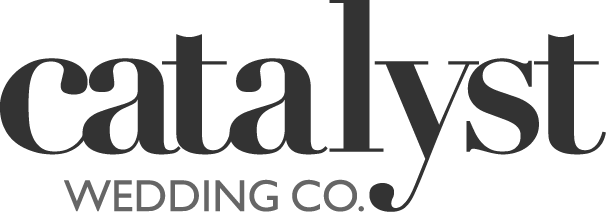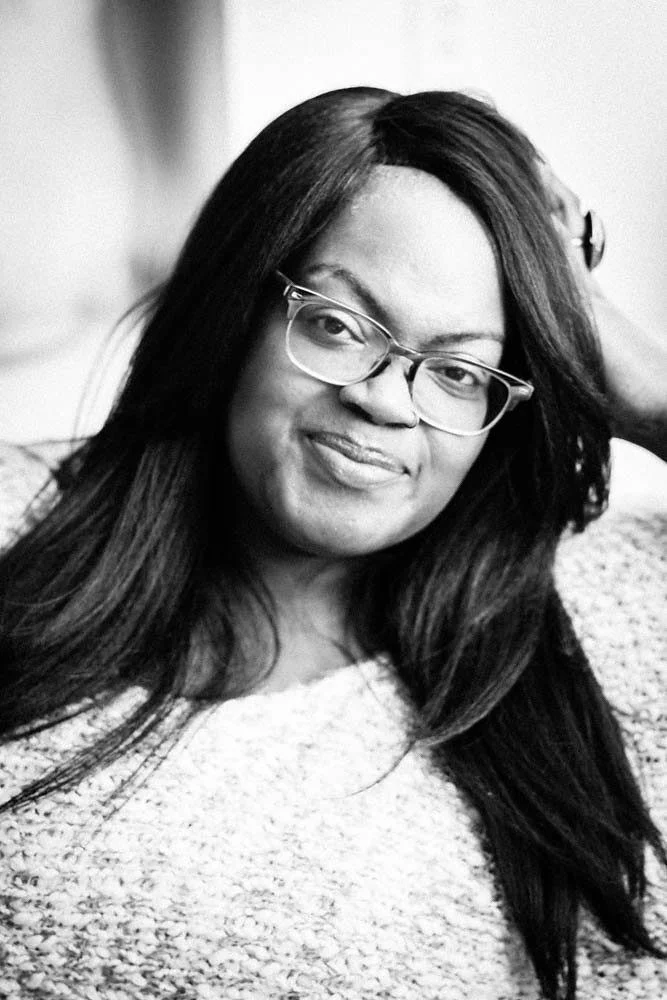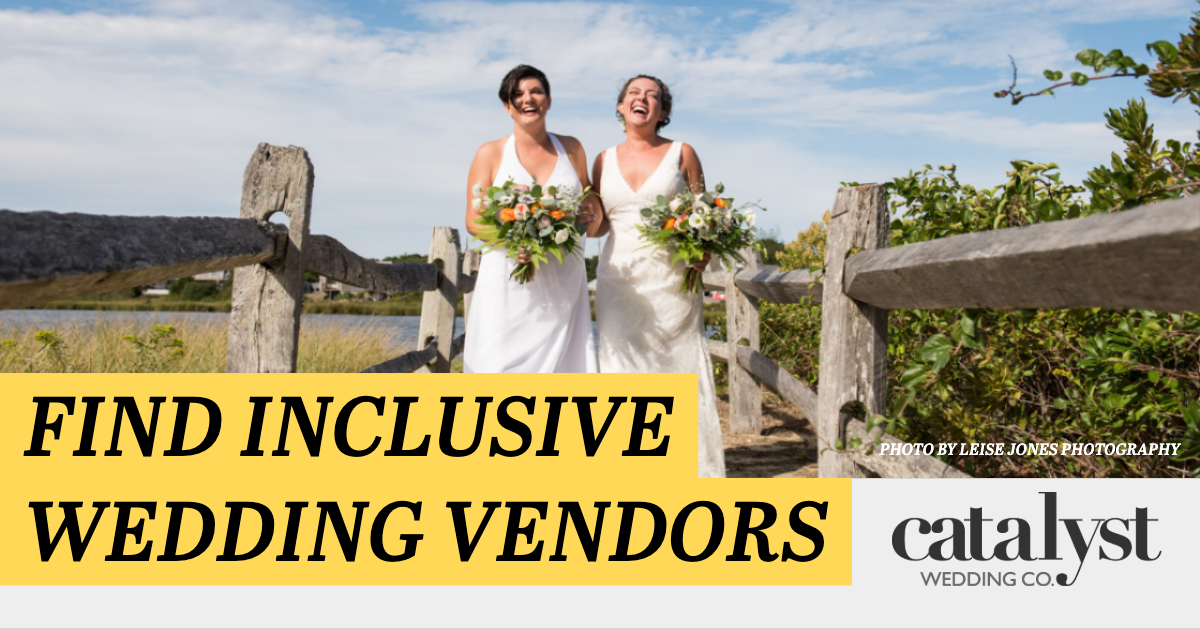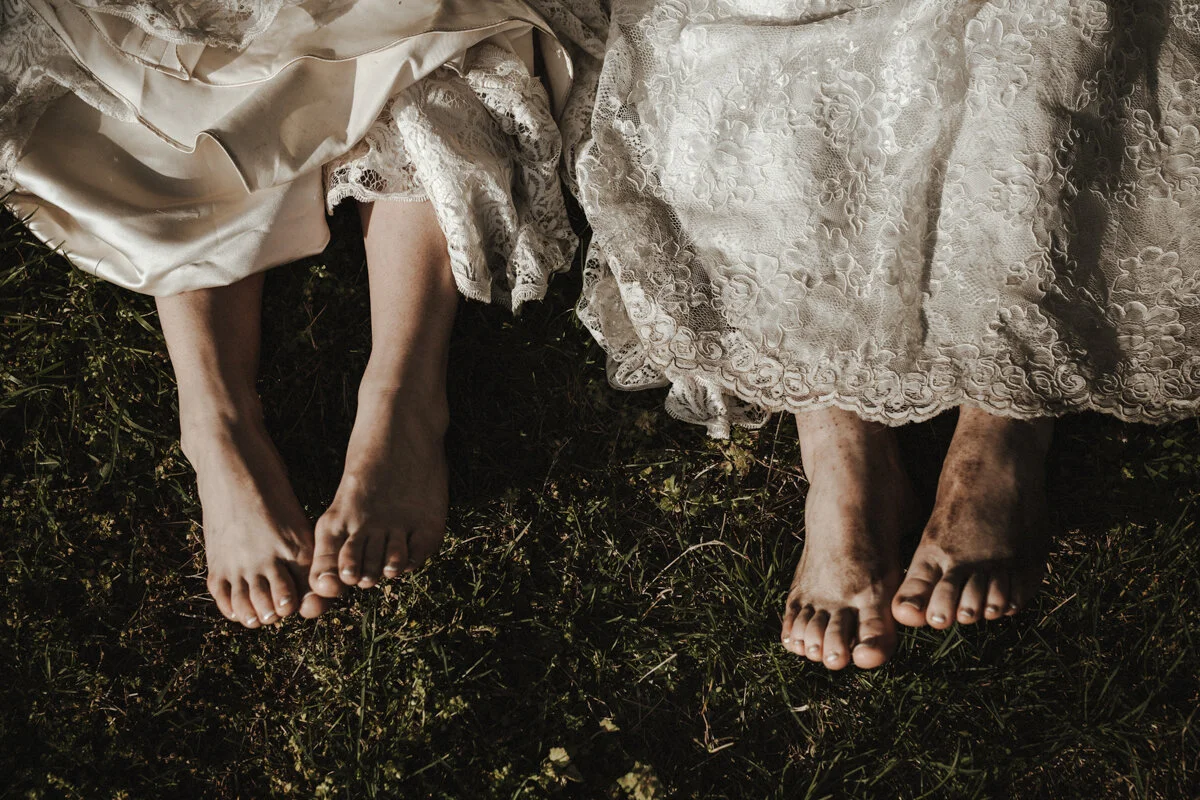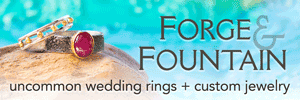Woke Wednesday // Jaime Patterson of Hidden Exposure Photography
/Meet Jaime Patterson of Hidden Exposure Photography, a woke wedding photographer in Richmond, Virginia, who believes that representation is critical, focusing much of her creative work on plus-size women.
Liz: What was growing up like for you? Can you tell us a bit about your background?
Jaime: Well I'm was born in the Richmond area to a more blue-collar family. My dad was a long-distance truck driver, and my mom—when I came along—was working at Dupont and then became a cosmetologist when I was in grade school. Mom, who is an artist herself, really wanted us to experience art and culture, and so she passed that along to me and my two older siblings. When I was little we would go to touring Broadway plays that came to Richmond, I watched the Nutcracker a lot when I was tiny, did ballet and African Dance in elementary school...you know all the artsy things. All that stuff stuck with me to this day, and I thank and credit my mom for opening that door and encouraging me to express myself.
Liz: Oh that's great! Have you lived in Richmond your whole life?
Jaime: For the most part. I was born here, went to Virginia Tech for college, and bounced around for like a year and some change before I landed back here.
Liz: What was your experience at Virginia Tech like?
Jaime: It was really a great experience for me. I started there in '94—I know I'm telling my age—and I really learned a lot about myself during that time. There are all the standard things: learning to live with other people, being on your own for the first time, etc. Those things were big, but for me, during that time, I also refined my beliefs on a lot of things and got a taste of activism. I spent a lot of time in coffee shops talking with people from all different walks of life, and it all really opened my eyes to life outside of my own lens.
Liz: What types of activism did you get involved in?
Jaime: Funny you should ask that, I did some work with the local Amnesty International and walked with Take Back the Night. I will say that during that time I was also in some more conservative faith-based circles, so we were involved with some organizations that at this point in my life I'm on the opposite spectrum of. But even with those groups I learned to speak with conviction about the things I'm passionate about.
Liz: Interesting! What do you think was the catalyst for your transition from one side of the spectrum to the other?
Jaime: That is a bit more involved, let me see if I can make it simple. I've mentioned before that I was involved in Christian based groups and activities and that started in high school. in college and in some of the 20's I got swept up into Christian culture which speaks a lot of how there is a "war" against values. I bought into that and a couple years into all off that I never really was 100% comfortable with the ideology presented. I did some soul searching, research, and finding more like-minded Christians I realised that there was more to things than the way there were presented and found a way to marry my faith with social justice, intersectionality, and inclusion.
Liz: Thanks for answering that. I know that's a tough question. So what did the path look like from your activism in college to starting your own photography business?
Jaime: It kind of was a more meandering path to be honest. Like I said earlier me and art/creativity always were buddies since I was a kid. When I was in college, I got into music but more the behind-the-scenes sort of thing, working for a label in my mid-twenties. I had always been fascinated with photography but did not really jump in until I was youth leader and went on a trip to China. Telling their stories through images was something I really grew passionate about because I felt that if we could see people that are normally underrepresented, it would open folks' eyes to what could be out there. I started to change my focus to working with plus-size women as a result.
Liz: So it sounds like there are direct links between your activism and your photography. Can you talk a bit more about your work with plus-size women?
Jaime: Certainly. My work with plus-size women is directly related to my own journey of self-acceptance. I have always been plus size, and growing up I was really aware of the lack of beautiful imagery present in media of larger bodies. Ricki Lake was a hero of mine in my teens because of Hairspray because those images are powerful. As an adult I discovered the fat-acceptance movement and learned more about the need for proper representation and why equality for fat (I use fat as a descriptor not as an assignment of worth) people is important. When I got into photography I noticed that in our industry the landscape is filled with model-type, gorgeous, typically thin bodies, and that is heartbreaking. I wanted to change the narrative and bring plus-size women from the shadows into the forefront by taking their images in a way that affirms them and their beauty.
Liz: I love that. I know you have made these values very clear in your branding. What has the reception been like?
Jaime: It's actually been really awesome—the response that I get. I have had the pleasure of photographing really diverse clientele. One of my guiding principles is that every body deserves a great portrait, and so I want that represented in every session that I do. On my site I have every body that I've had the pleasure of working with, and when working with clients that's something they comment on, especially in doing boudoir. The folks I have worked with in boudoir really appreciate that I show how every body can be a show stopper just as it is.
Liz: That's awesome. So can you summarize in one sentence what it means to be a woke photographer?
Jaime: Being a woke photographer means not only being aware but active in elevating voices outside of your own through your work.
Liz: Is there anything else you would like to share with us?
Jaime: I would say to anyone reading to make sure your voices are heard. Right now we are in a time unlike any we have seen in quite some time. It's imperative that we keep talking and keep creating to push the conversation, because as creatives we're going to be needed now more than ever.
Liz: Absolutely. Thank you so much, Jaime.
Jaime: You are so welcome!
